Off the coast of northern Senegal stands a towering gas platform that dominates the horizon, its fiery flare stack casting an eerie glow day and night. This structure represents a joint venture between British energy behemoth BP and U.S.-based Kosmos Energy, marking the inception of a new natural gas project in the region.
The project, which commenced operations at the end of 2024, aims to revitalize the economy of Guet Ndar, a densely populated fishing community near Saint Louis. With promises of job creation and economic transformation, it was anticipated to bring prosperity to the area.
However, as operations unfolded, local fishermen began noticing detrimental effects on their traditional way of life. Mariam Sow lamented how the once-thriving fish market now lies desolate since the platform’s emergence in 2020:
“This market used to be full every day.”
The sight of hundreds of idle boats along the shore paints a stark picture of livelihoods disrupted.
Fishing is not just an occupation but an intrinsic part of Senegalese coastal life, employing over 600,000 individuals and contributing significantly to the country’s economy. In 2022 alone, Senegal exported nearly half a billion dollars’ worth of fish. Nevertheless, with the gas project taking center stage, concerns about its impact on fishing activities have escalated.
The Grand Tortue Ahmeyim project plans extensive gas extraction activities off Senegal and neighboring Mauritania with projected substantial outputs. President Bassirou Diomaye Faye’s election marked a turning point as he vowed to address issues related to foreign contracts and ensure equitable distribution of revenues from natural resources like gas.
Despite these assurances from both government officials and project stakeholders, local fishermen like Mohamed Sow are grappling with rising costs and diminishing returns:
“It’s impossible to keep raising prices.”
The envisioned benefits seem elusive as living expenses soar while promised advantages remain intangible.
Moreover, environmental apprehensions have surfaced following reports of a significant gas leak early in the project’s timeline. While BP downplayed its repercussions citing negligible environmental impact due to low release rates, organizations like Greenpeace underscored potential risks such leaks pose to marine ecosystems.
Mamadou Sarr from Saint Louis fishermen’s union emphasized how fish behaviors have shifted towards artificial structures created by the project—impacting centuries-old fishing grounds:
“Areas around platforms are off-limits.”
The construction also impedes regular shipping routes further disrupting marine habitats crucial for local fishing communities.
Amid these challenges lies Abdou’s narrative—a fisherman showcasing his diminished catch after days at sea. Once abundant hauls have dwindled due to changing fish patterns influenced by industrial developments offshore. Overfishing concerns compounded by external vessels exacerbate this predicament faced by local fishermen striving against mounting odds.
While efforts like community engagements initiated by BP aim to address grievances through microfinance schemes and skill-building programs locally—the overarching sentiment remains one of disenchantment among affected communities who feel sidelined in decisions impacting their lands and seas:
“This is our land… why don’t we get a voice?”
As uncertainties loom over Senegal’s coastal regions entwined with hopes for sustainable coexistence between economic progress and environmental preservation—an essential dialogue emerges highlighting complexities intertwined within development narratives across global landscapes.


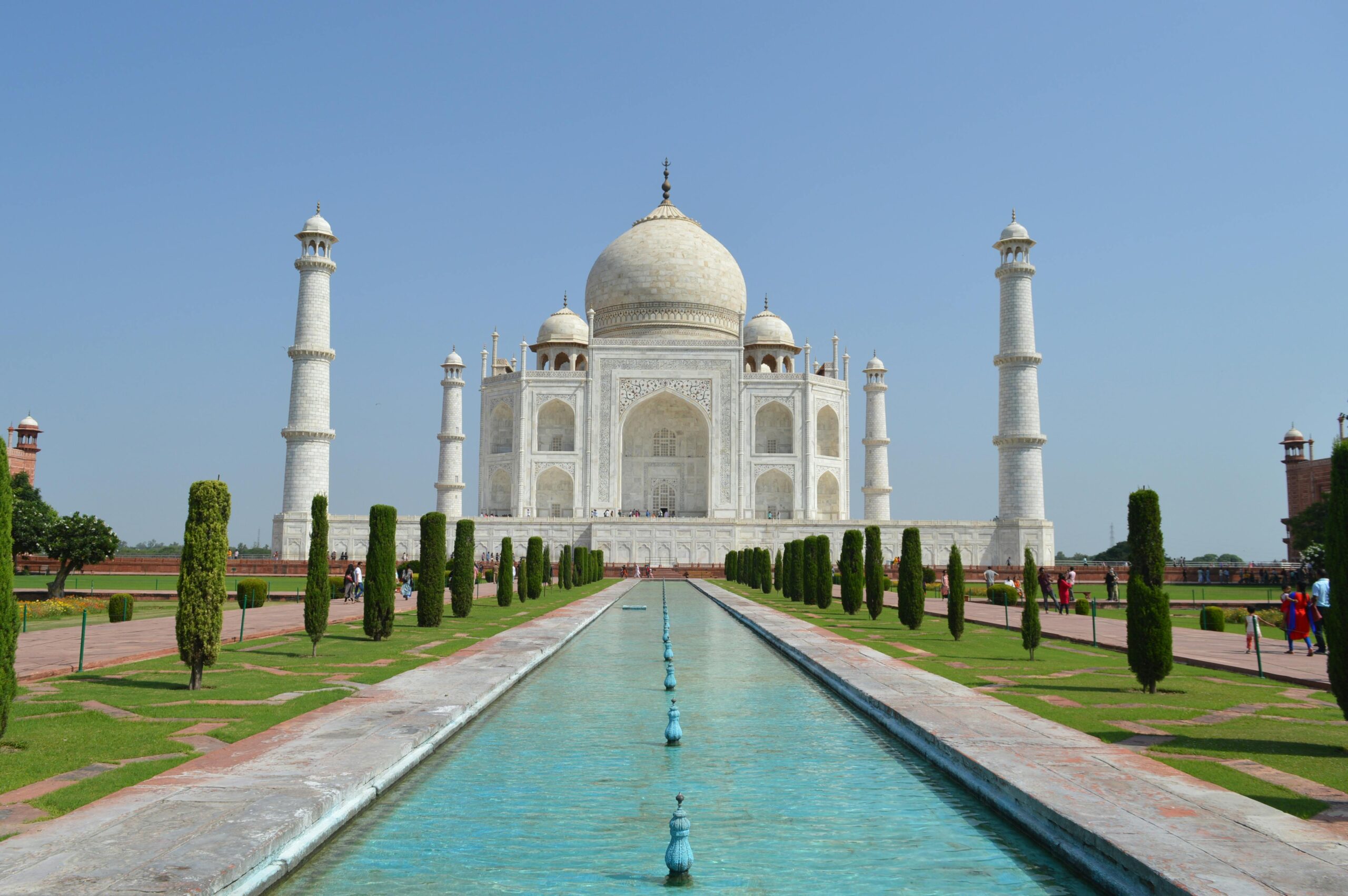
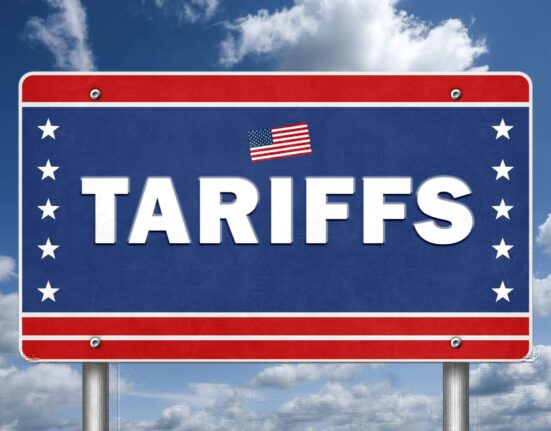
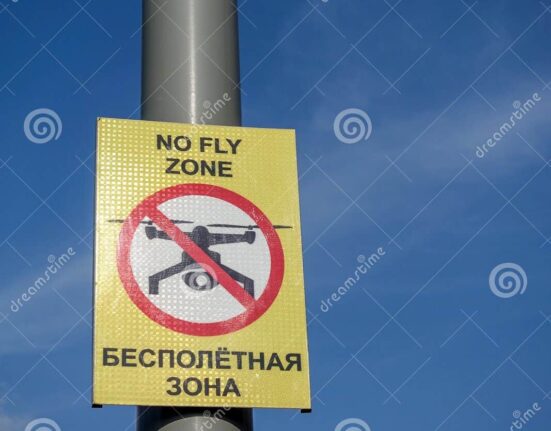

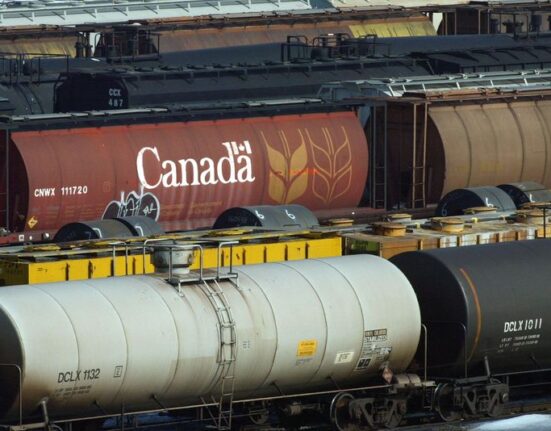
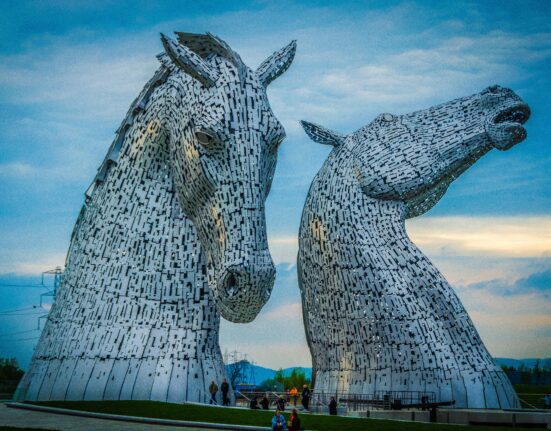

Leave feedback about this